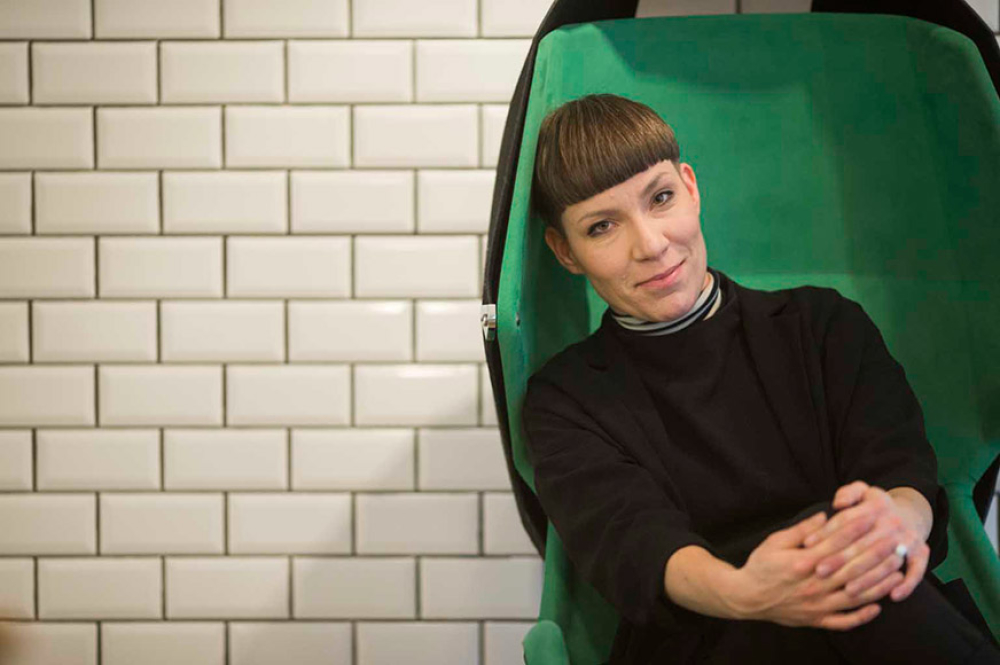The Internet of Things creates new business opportunities
02 Sep 2015

Web > Twitter > Newsletter
The words of Darja Isaksson, digital strategist and founder of the digital innovation agency Ziggy Creative Colony.
As technology becomes cheaper, better and smaller, there are more opportunities to use it in things other than computers and smartphones.
In one report, the American analytical company Cisco predicts that there will be 50 billion connected items in the world by the year 2020. New products are being launched almost every day, from smart glasses and cycle helmets to self-watering flower pots and connected clothes.
Social acceptance
One clear indication of the way developments are heading is the fact that the fitness wristband, technology that we wear to measure our activities and health, was named Christmas Gift of the Year in Sweden in 2014.
"It's become socially acceptable to wear connected items, it's no longer nerdy. Maturity among consumers means that all companies producing items that could benefit from being connected in one way or another have plans for their business.
Many are predicting that the Internet of Things will explode as early as 2016–2017," says Darja Isaksson.
Easier for innovators
Another factor accelerating this trend is services like Kickstarter, which has made it easier to create and test new products.
"Thanks to globalisation, innovators can find teams, capital and suppliers more easily and quickly," says Darja Isaksson.
Even though at present a lot of the focus is on what is happening on the product side, new technology will affect all industries. But not everyone has made as much progress.
"A lot of companies will have to do more than they're doing at the moment. While they want to gain new positions, they're mainly afraid of losing what they have. So they end up doing nothing."
New type of competition
To succeed as a company, Darja Isaksson believes that an understanding is needed of how consumers behave and how the technology works. But you must also understand the world around you and that the competition is no longer what you are used to.
"The Internet of Things opens up opportunities for alternative patterns of consumer behaviour. As a company, you must see what you can add using new technology and then act on that basis," she says.
Which industries will be affected the most?
"A lot will be happening in the health sector. More smart, proactive initiatives will be needed to maintain an effective welfare state with a population living longer. Capturing more data in real time increases the opportunities for more targeted treatments. The same applies for research into new treatment methods and medicines."
Advertising based on emotions
Another area in which the Internet of Things is creating new opportunities is advertising and marketing. Darja Isaksson believes that within a few years we will be able to send and receive marketing based on our emotions and our state of health.
"The technology already exists. We have wristbands that measure our stress level, many of us spend our days before a screen with a camera that could register our expressions of emotion and see whether we're happy, sad or angry. For companies this means totally new business opportunities, for us as consumers it means that we can receive advertising that's well-timed and relevant."
How will the Internet of Things affect our everyday lives?
"With more data and information, we gain better control and more influence over our lives. We'll have things that communicate and interact with one another, but without our needing to become involved. But it's also about social development. With greater insight into, for example, transport activities and energy consumption, we can make smarter choices and different demands."

Please login to comment.
Comments